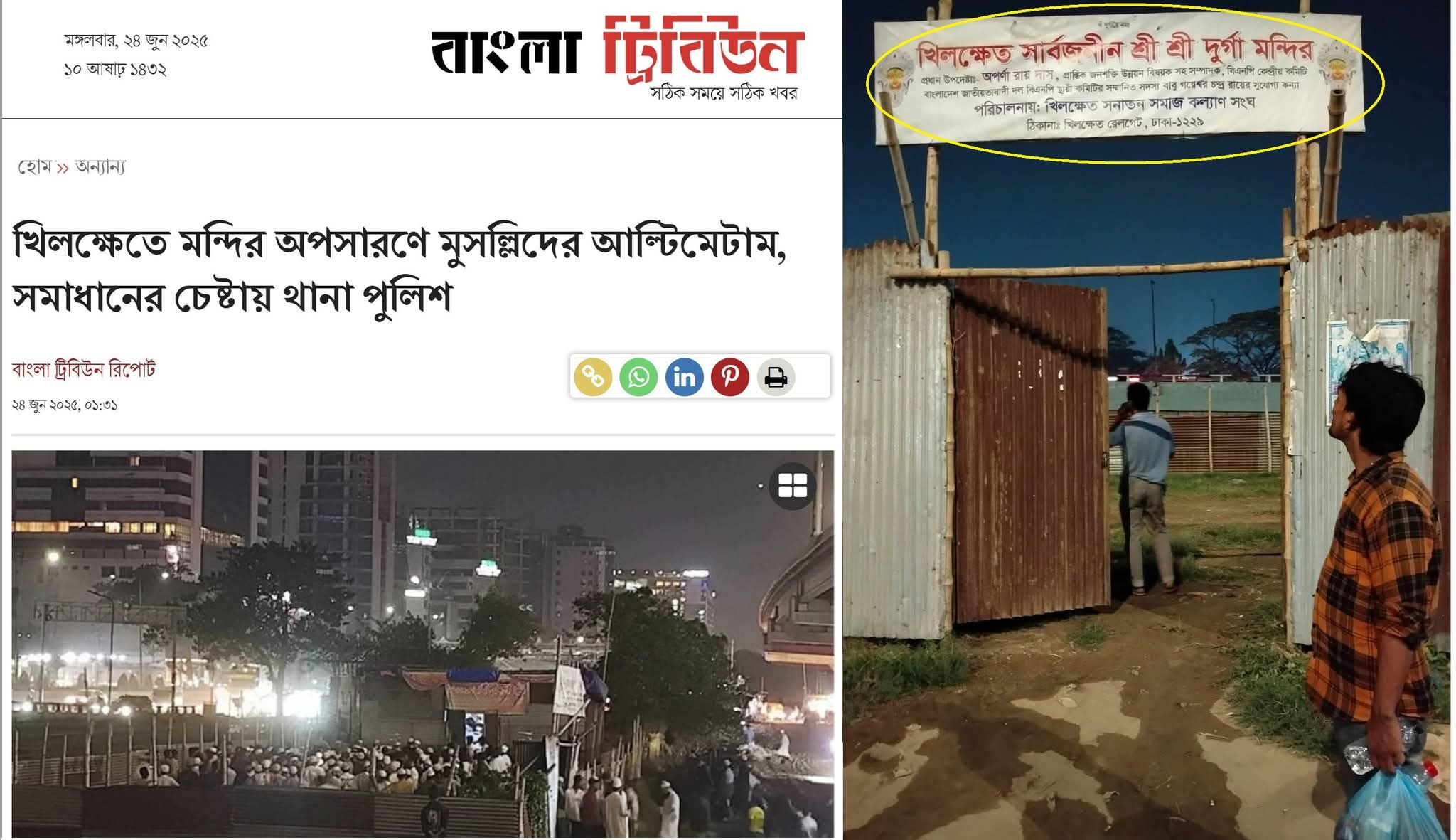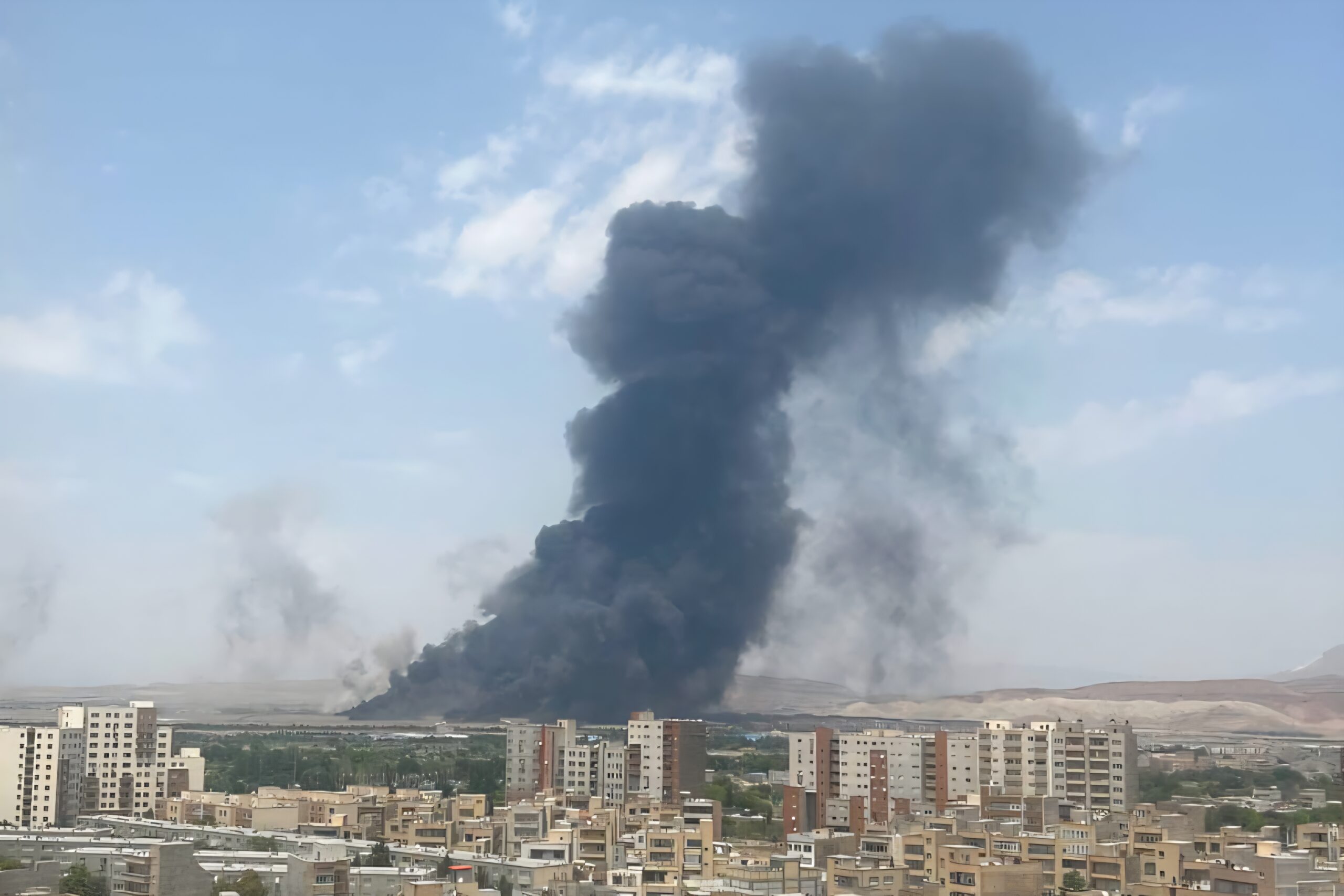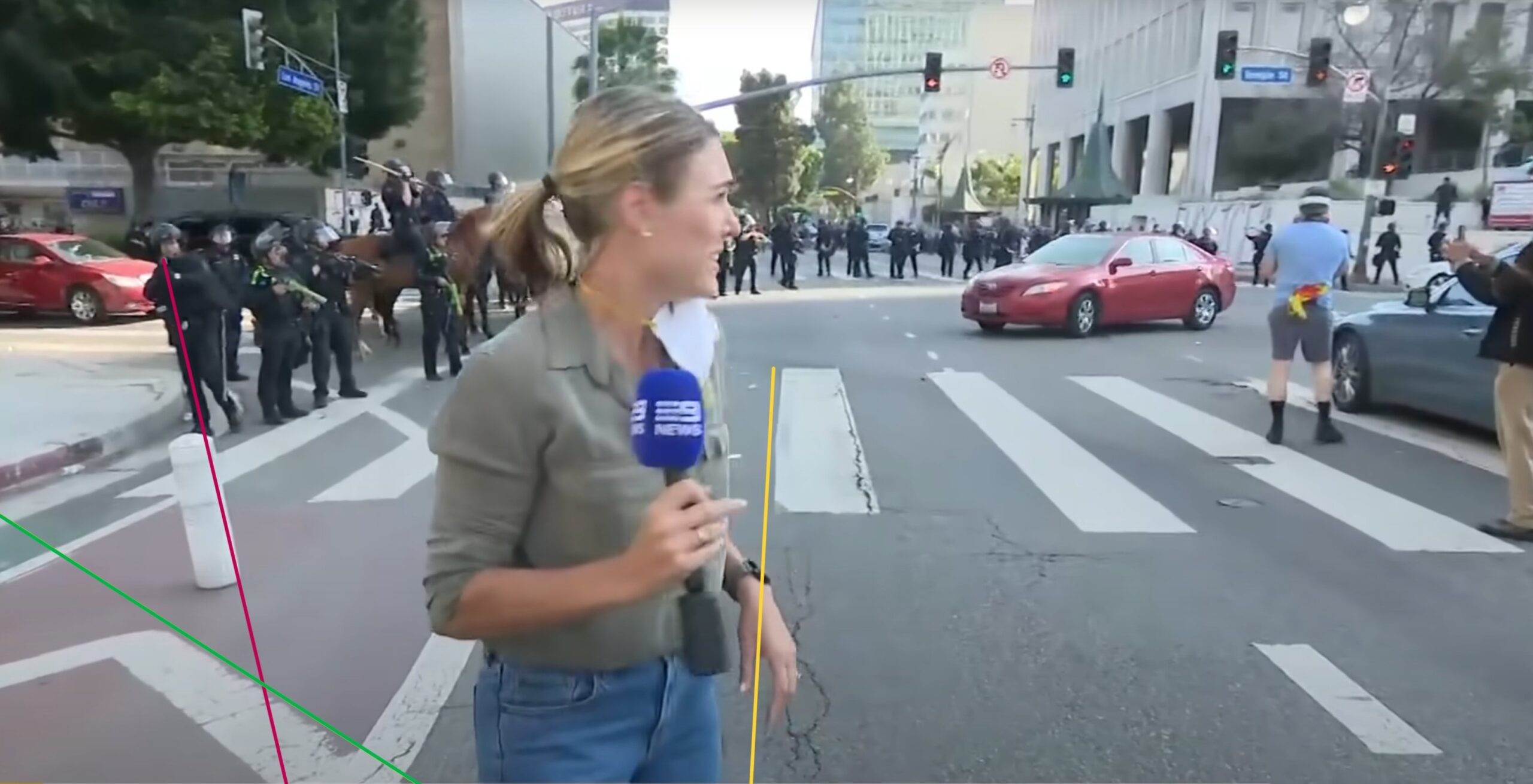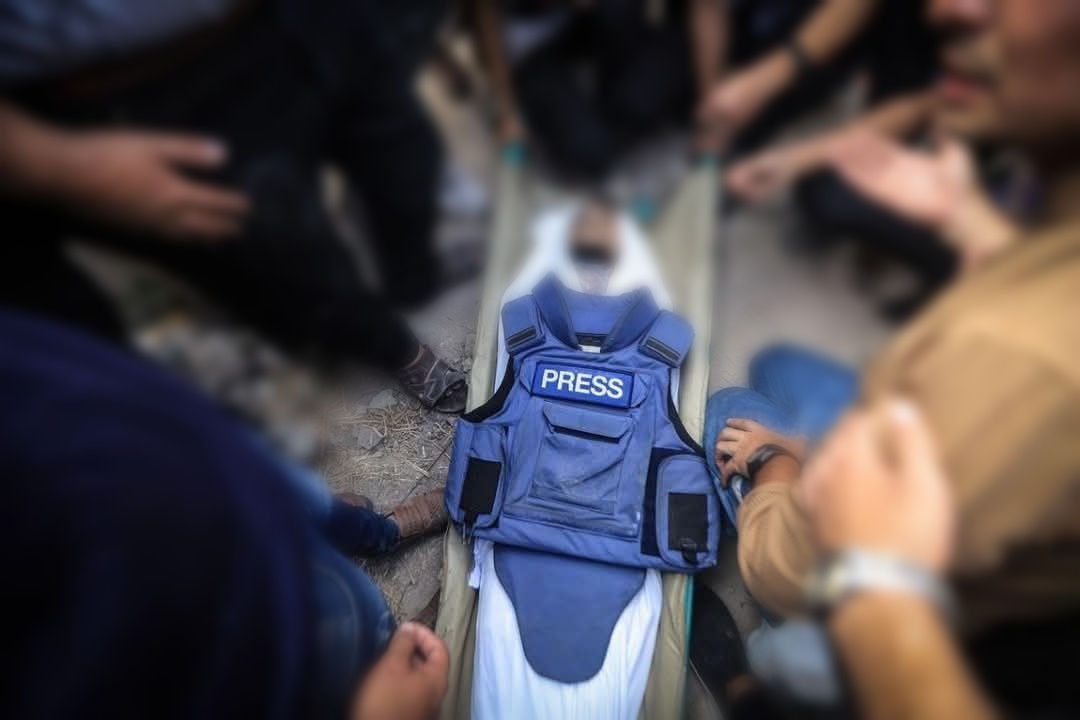Paris – May 4, 2025 — Gaza has become the deadliest region in the world for journalists, according to Reporters Without Borders (RSF), as the global press freedom landscape reaches its worst point in over a decade.
In its 2025 World Press Freedom Index, RSF states that nearly 200 Palestinian journalists have been killed since Israel began its military campaign in October 2023. At least 43 journalists died while reporting on the ground, in what RSF describes as the “annihilation of journalism” in the besieged territory.
“Trapped in the enclave, journalists in Gaza have no shelter and lack everything, including food and water,” the Paris-based watchdog said.
Palestine ranked 163rd out of 180 countries — placing it among the worst in the world — while Israel dropped 11 places to 112th. RSF attributes Israel’s decline to increased censorship, government hostility toward critical media, and attacks on press freedom in both Gaza and the West Bank.
The media watchdog highlighted intensified repression since October 7, 2023, including the systematic banning of foreign reporters from Gaza and government-led efforts to suppress criticism of its military actions.
Global Press Freedom in Crisis
RSF’s latest data shows an alarming global trend. In over half of the countries assessed, conditions for journalists are now considered “difficult” or “very serious.” The average global score dropped below 55 for the first time, marking a historic low for press freedom.
In 42 countries — home to more than half of the world’s population — press freedom is practically non-existent. This includes conflict zones like Sudan (156th), Iran (176th), and Afghanistan (175th), as well as heavily censored states such as China (178th), North Korea (179th), and Eritrea (180th), which remains at the bottom of the Index.
Economic hardship is exacerbating the crisis. In 160 of the 180 countries surveyed, media outlets are financially unstable or struggling to survive. Newsrooms are closing in nearly a third of countries, including the United States (57th, down 2 places), Tunisia (129th, down 11), and Argentina (87th, down 21).
In the U.S., RSF reports that local journalism is in severe decline. Over 60% of journalists surveyed in key states said they cannot earn a living wage, and 75% said their outlets struggle to remain financially viable. The situation worsened during President Donald Trump’s second term, which saw defunding of major international media such as Voice of America and Radio Free Europe/Radio Liberty — cutting off access to reliable news for over 400 million people worldwide.
Tech Giants, Disinformation, and Media Concentration
The economic collapse of traditional media is also being driven by tech monopolies. Digital platforms like Google, Facebook, and X (formerly Twitter) now dominate advertising revenues, diverting funds from journalism and accelerating the decline of independent outlets.
In 46 countries, media ownership is now highly concentrated — often tied to political elites or state interests. RSF identifies Russia, Hungary, and Georgia as key examples where governments use economic levers and “foreign agent” laws to control news narratives.
Even high-ranking democracies are not immune. France (25th), Canada (21st), and Australia (29th) face rising concerns over editorial independence due to media ownership concentration. In more than 90 countries, RSF found that owners routinely interfered in news content, threatening media integrity.
“This growing concentration restricts editorial diversity, increases the risk of self-censorship, and raises serious concerns about newsrooms’ independence from political and financial pressures,” RSF noted.
The Middle East and North Africa remain the most dangerous region for journalists. Every country in the MENA region except Qatar (79th) is rated “difficult” or “very serious” for press freedom. Israel’s war in Gaza has been described by multiple advocacy groups as the deadliest conflict for journalists in over 30 years.
Sub-Saharan Africa also experienced significant deterioration. Eritrea retained its rank as the world’s most repressive country, while conflict zones such as Burkina Faso, Mali, and the Democratic Republic of Congo saw steep declines in media freedom.
According to RSF, 2025 represents a critical tipping point for press freedom worldwide. Political repression, economic fragility, and digital disinformation are combining to create the most hostile environment for journalists in modern history.
“The conditions for journalism are collapsing worldwide,” RSF concluded. “This has profound consequences for democracy and for the public’s right to access independent, reliable information.”







Leave a Reply